English Revolution and Seven Year Global War (1754-63)
The English Revolution
There were struggles for democracy against the rule of Absolute Monarchy in England. The English Civil War (1642-51) was fought between the Parliamentarians and the pro-Monarchy Royalists.
The Parliamentarians were against the absolute rule of King Charles I who believed in the Divine Right of the King to rule. They opposed the levy of tax by the King without the consent of Parliament. The result was:
- Execution of the King.
- End to monopoly of Church of England (which was pro Catholics) over Christian worship in England.
- Establishment of the principle that the King cannot rule without the consent of Parliament.
Glorious Revolution of 1688
Glorious Revolution of 1688 in England legally established the supremacy of Parliament. It was during this revolution that the Parliament, for the first time, appointed the King.
The King was removed and his son-in-law, the William of Orange from Holland was made King. Thus, from a limited constitutional monarchy established by the English Civil War (1642–1651), England transitioned to a Democracy with supremacy of Parliament.
Seven Year Global War (1754-63)
The Seven Year Global War was fought from 1754 to 1763, actually a period of nine years, between France and Britain. Other European powers like Spain, Prussia (Germany) & Austria also got engaged in the war. Known as the Global War since it was fought on different battlegrounds including North America, Caribbean, India, West Coast of Africa and in Europe
“The main reason behind the war was the quest for hegemony over colonies between Britain and France”.
In North America, the British had 13 colonies on the Eastern coast along the Atlantic Ocean. They wanted to expand westwards for want of more raw materials and an increased export market in North America.
But the west was under the domination of France. The French were anxious to hold on to Western North America to prevent British hegemony in the world political and economic affairs.
Britain was undergoing the Industrial revolution (1750 onwards) at that time, which was making the British goods much more competitive in the world markets. Also, Britain was emerging as a dominant sea power and its maritime trade profits were soaring. Thus, France feared that a stronger Britain in North America would soon threaten the French colonies in the Caribbean.
They were right and in Caribbean the British fought against Spain and France who controlled the profiteering sugar plantations in their Caribbean colonies.
The West African Senegal had large natural resources, especially of Gum, and the French trading ports here, came under the British attack.
In 1760-61 the Battle of Wandiwash between the French and the British established the British supremacy in South India while the French were restricted to Pondicherry.
Result: Treaty of Paris of 1763
The Treaty of Paris of 1763 signed after the 7 Year War had the following clauses:
- Britain got Canada from France and Florida from Spain.
- France was allowed to retain its Caribbean sugar islands.
- Spain’s control over Cuba and Philippines was recognized.
The effect of the Seven Year War on world politics was that it reduced the domination of France, while Britain Consolidated its colonial power.
Also, it laid the ground for American Revolution (1765-83) & French Revolution (1789).
For more updates, explore the Ancient India History. Feel free to share your thoughts and comments.
If you’re passionate about building a successful blogging website, check out this helpful guide at Coding Tag – How to Start a Successful Blog. It offers practical steps and expert tips to kickstart your blogging journey!
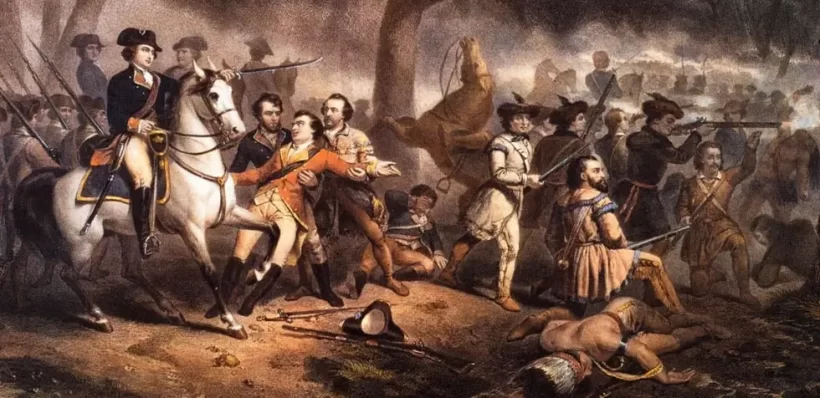
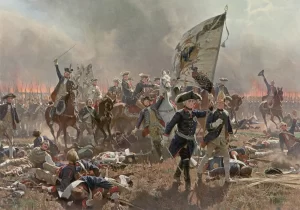
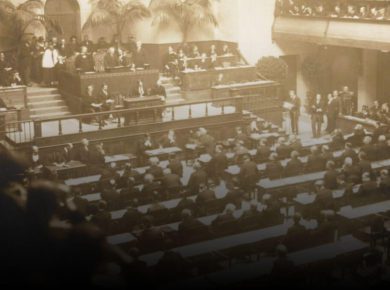

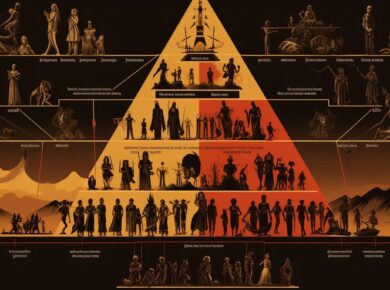
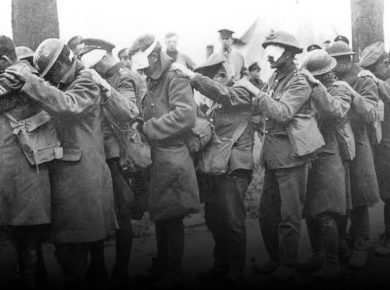
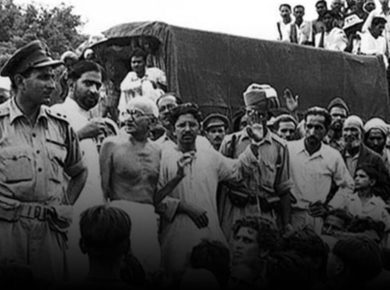
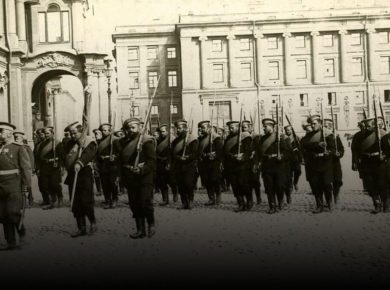
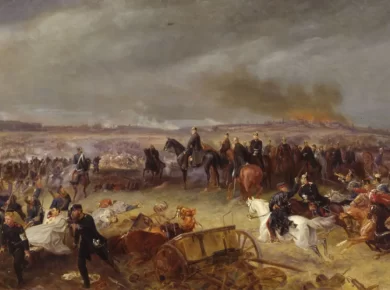
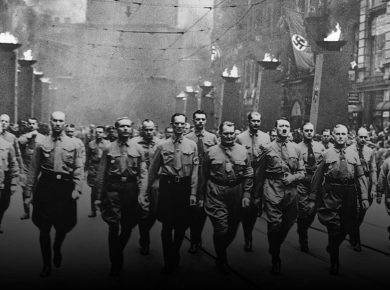
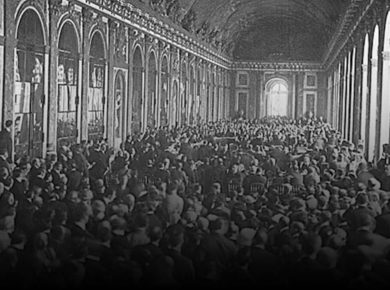
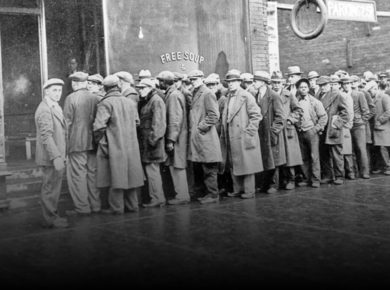
3 comments
thankyou very much to share the knowledge.
The above information is helpful for General Studies preparation. You can check different IAS portals for more information or if you want to start preparation for UPSC exams, enroll yourself at the best IAS Coaching Academy and know how to prepare for such examinations.
Thanks for the wonderful information. I want to share with you all a website for best ever coaching for IAS exams. Its the best web portal I have ever seen for IAS aspirants. Must Check it Out